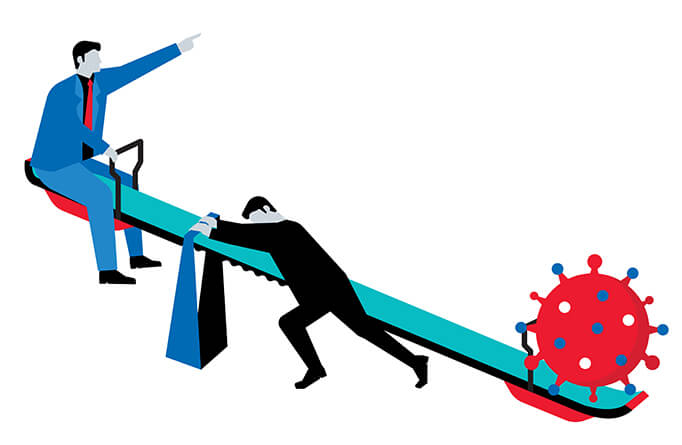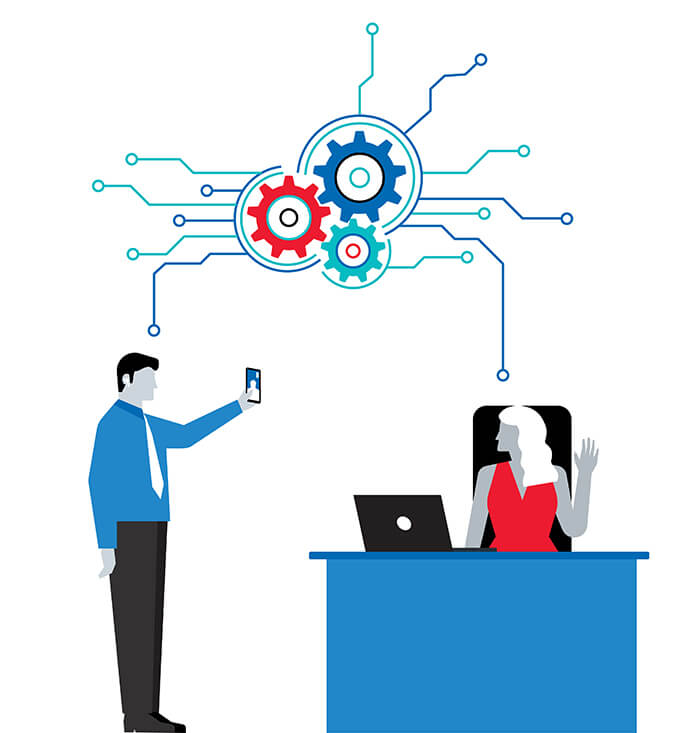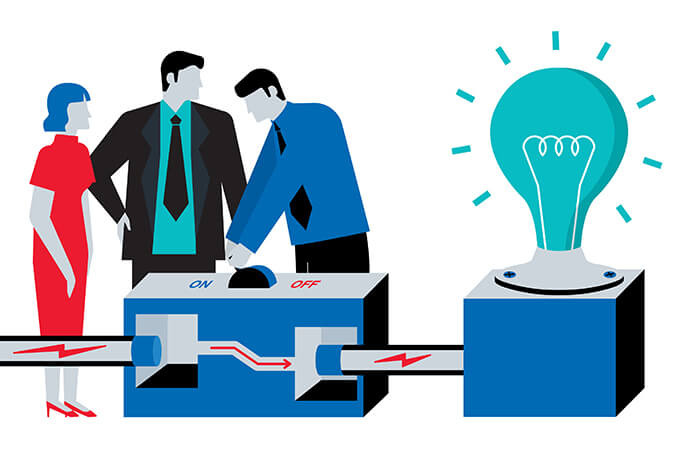These days of social distancing may seem isolating, but businesses are certainly not alone in the similar challenges they face today.
While COVID-19 is an unprecedented global crisis, businesses such as Lazada, DBS Bank and Deloitte Singapore are examples of how innovation can help companies navigate the challenges of the pandemic and uncover new opportunities for change and growth.
Here’s our take on five ways businesses can respond swiftly to setbacks and future-proof operations.
1. Pivot to meet new demands
The pandemic has forced companies to face the facts: all hands on deck are needed to emerge from this crisis. Companies are tapping on their expertise to meet immediate demands, pushing the boundaries for solutions to combat COVID-19.
To maximise production of disposable respirators that protect healthcare workers, 3M Singapore’s manufacturing operations in its Woodlands and Tuas plants have been running 24/7 since January. 3M’s crisis action team convenes daily to coordinate their response strategies to maintain supply chain operations and sustain production while adhering to safety requirements.
Also working overtime to meet COVID-19 needs is homegrown biotechnology firm MiRXES. From specialising in cancer detection kits, the firm quickly pivoted to manufacturing COVID-19 tests. The company produced a whopping 500,000 tests per week in May, supplying local demands while exporting to over 20 countries.










